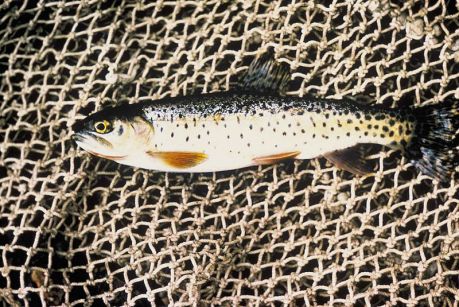
An EU initiative developed a sustainable network of top-level aquaculture research infrastructures (RIs), ultimately helping the European aquaculture industry to provide high-quality and nutritious food to European consumers.
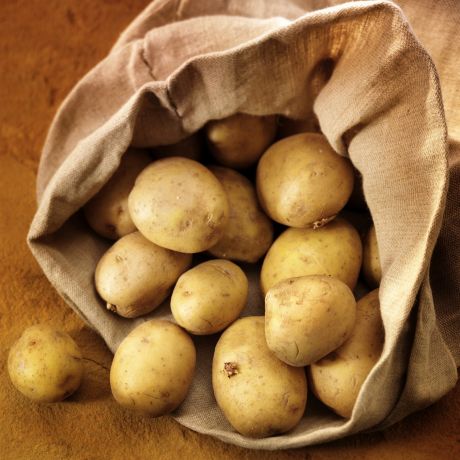
Climate models predict that droughts will become more frequent in the future. This poses a threat to the humble potato, which is highly sensitive to water stress compared to other species.
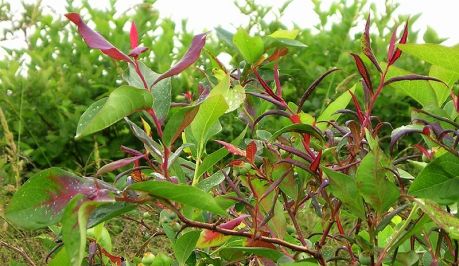
RNA silencing is an ancient defence mechanism of plants against viruses. Harnessing the genetics of this process may enable scientists to control viral infections in valuable crops.
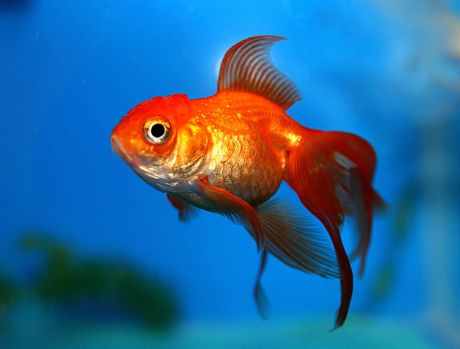
Up to 45 % of fish caught may be discarded due to poor preservation methods. An international team of EU-funded scientists studied post-harvest losses in the fisheries sector in order to help meet the United Nations' (UN) Millennium Development Goals (MDGs) of eradicating hunger and poverty.

New food products and innovations introduced in the food industry have high failure rates. A better understanding of consumers' needs and improved communication among key players in the food innovation process could help to overcome this.

Lowering consumption of our planet's natural resources including generating less waste are global objectives. Even a 5 % increase in use of biodegradable packaging material in Europe could reduce non-renewable plastic waste by over 300 000 tonnes.
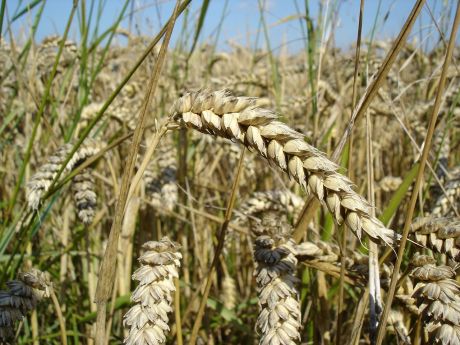
EU-funded plant biologists have developed a biostimulant that increases food production by combating stress and disease in commercial crops. The environment-friendly product comprises a blend of naturally derived biomolecules.
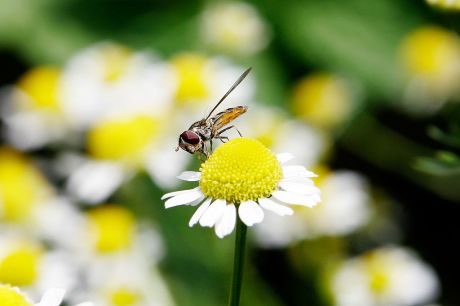
Triterpenoids are very common in plants and are part of the defence arsenal against pests and diseases. EU research has investigated how to move genes for these chemicals into crops that do not naturally have this advantage.
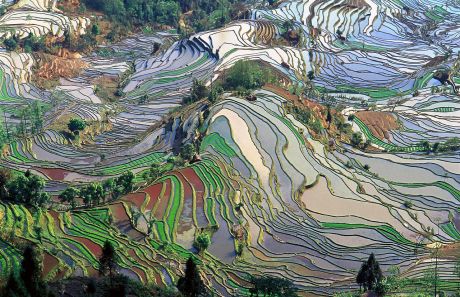
Zinc levels may soon be boosted in staple crops like rice by harnessing a zinc-binding mechanism that helps plants absorb this essential micronutrient from soil.

Researchers have conducted detailed laboratory experiments to figure out which groups of soil fungi and bacteria that break down sulphur-containing molecules in soil.
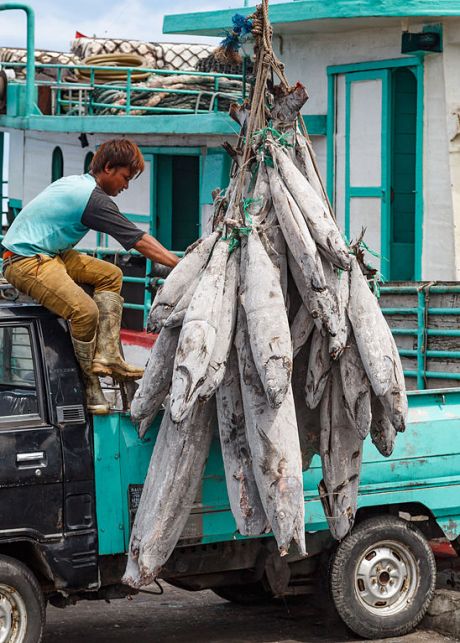
European scientists have developed new methodologies and resources to create more accurate and realistic fisheries models to enable them to accurately assess fish stocks.
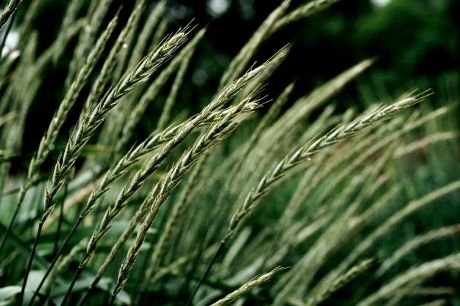
Researchers have identified how wheat plants control the movement of nutrients from leaves into the developing grains. The work helped them develop a highly accurate wheat genetic map.
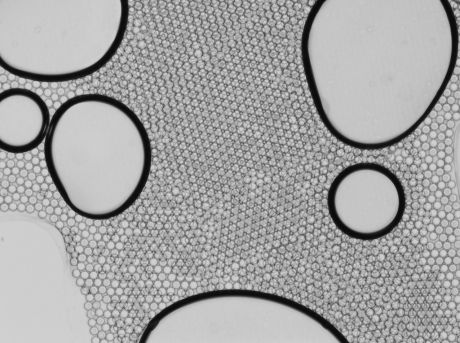
Emulsion-based food products show tremendous promise because of their health and economic benefits. An EU initiative developed instant emulsions for the food sector that provide healthier products while minimising various costs.
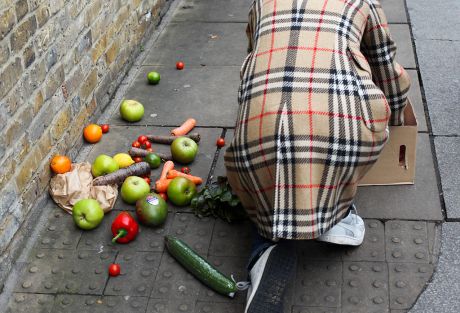
Water and chlorine are widely used to clean our fruits and vegetables at the industrial level. Too much water is wasted and the safety of chlorine usage is questionned.
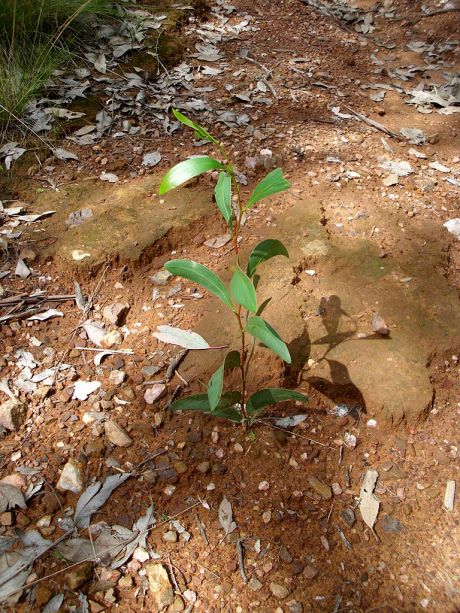
Scientists are discovering how seedlings use seed-stored lipids for energy while growing in the dark but produce sugars through photosynthesis once in the light. Controlling this dark-to-light growth switch will help to produce oil-rich plants.
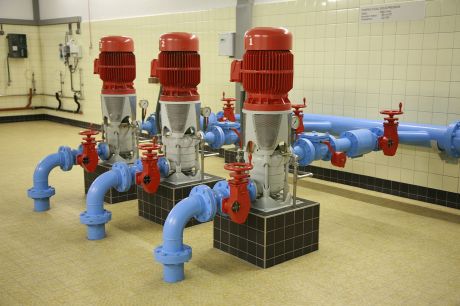
Scientists have developed a safe electronic system to reuse wastewater and nutrients in agricultural production.
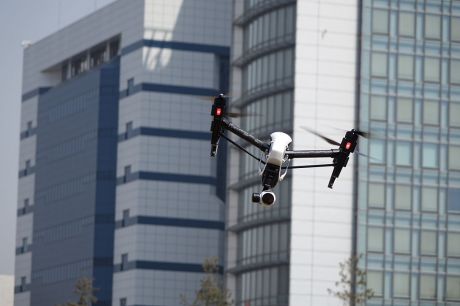
Scientists have developed intelligent drones that detect weeds on crops – this will enable herbicides to be targeted to infested areas only.
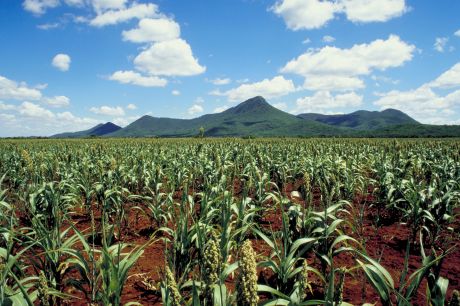
Agriculture is vulnerable to climate change and all countries need to develop a resilient food system to limit its impact. An EU-funded initiative was established to help Europe continue to develop knowledge and technologies that will safeguard sustainable and competitive food production.
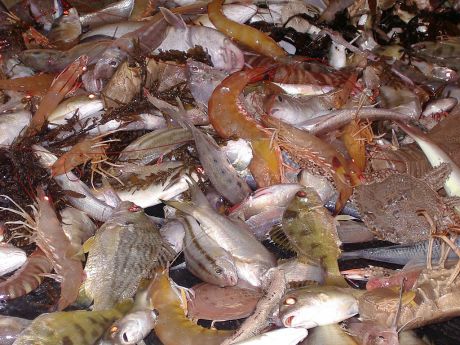
An initiative encouraging the participation of industry, government and scientists in fisheries research should lead to better scientifically informed policy decisions on marine management across Europe.
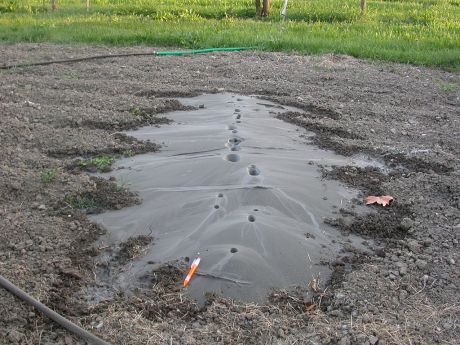
Research engineers are investigating the role played by tiny grains of sand like particles (known as silt) in the liquefaction of soils. There have been many cases of soil liquefaction around the globe following earthquakes, resulting in serious loss of life and significant damage to buildings and infrastructure.

Previous EU-funded projects have advanced concepts, tools and infrastructures aimed at encouraging Europeans to follow healthy dietary guidelines and recommendations. A current initiative will promote these campaigns together with small and medium-sized enterprises (SMEs) to combat poor health and unhealthy ageing.
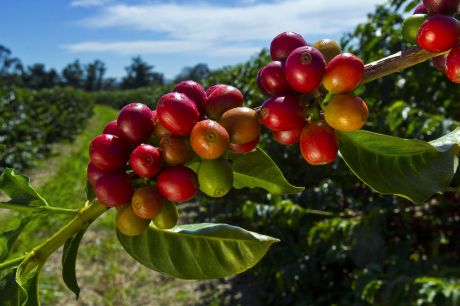
An EU group assessed innovation in the agricultural business sectors of Tanzania and Vietnam. Neither country is particularly innovative, for differing reasons including government context, tradition and resistance; the project offered suggestions.
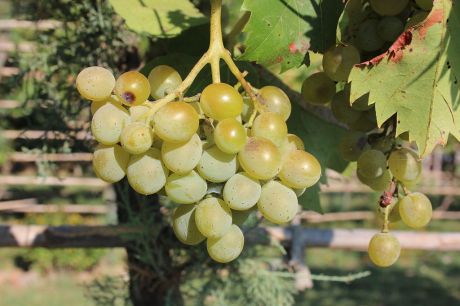
Researchers have discovered new molecular signals of ripening in grapes and taken steps towards understanding how different genes control this process.

Food is part of our cultural heritage, but the incidence of food intake-related disorders such as obesity and diabetes is on the rise. EU funding is supporting an investigation of factors involved in our food choices and its impact.

Although freshwater ecosystems provide countless services to humanity and support a rich biodiversity, they are at risk throughout the world. One of the main drivers of changes in freshwater ecosystems is biological invasions by non-native species, such as fish, resulting in major ecological and evolutionary impacts.
























